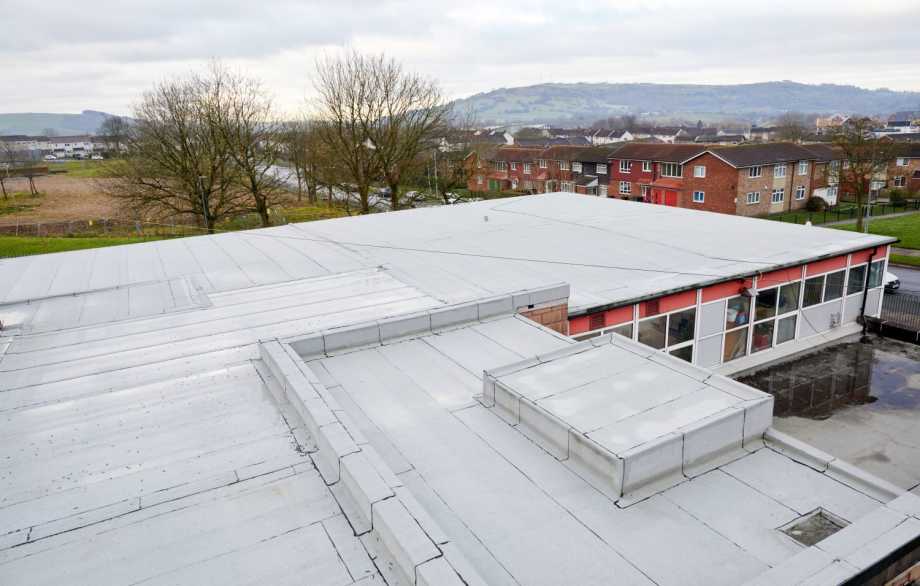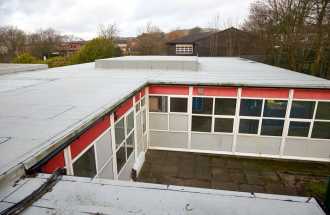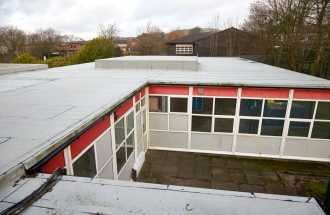Our country pages
Africa
Europe
Search
Order a sample
You can order up to 3 free sample tiles.
We'll aim to deliver your sample order within 5-7 working days from your order date.
What is Bitumen Roofing?
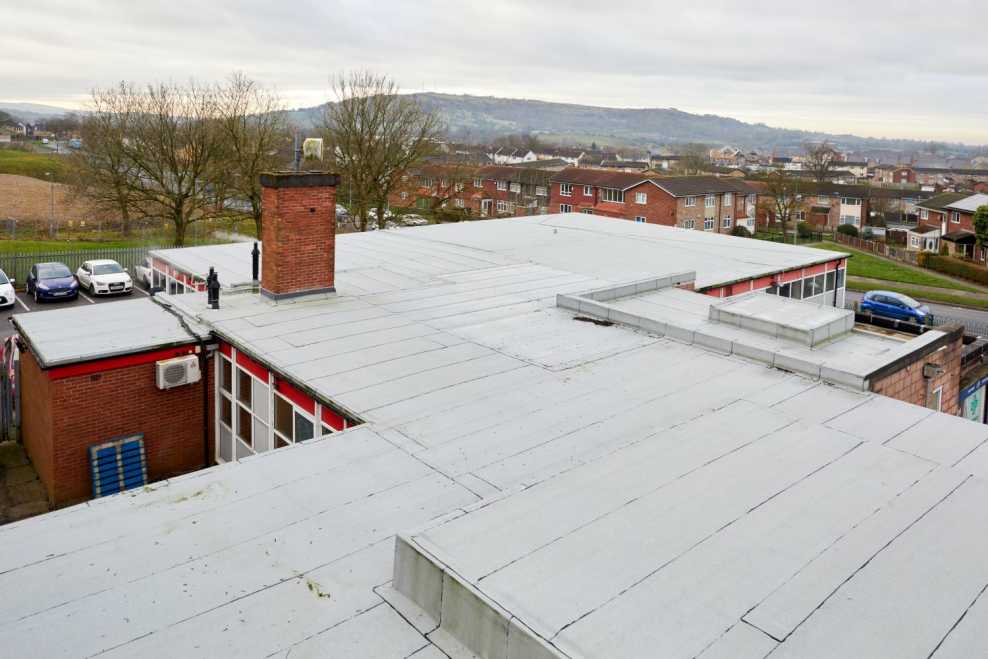
Bitumen Roofing
Bitumen appears as a sticky black substance that is predominantly used for paving, roads and as a flat roofing membrane and waterproofing. Bitumen has a long history in the world of construction and has been used as far back as the 13th century. In fact 80% of bitumen across the world is used in the construction industry one way or another.
Jump to section
Why is it used in roofing?
Why is it used in roofing?
Bitumen has been a popular roofing material for thousands of years, and it has many benefits which perform well for this application. It is versatile, durable, cost effective and above all highly waterproof, making it an ideal system for both new build and refurbishment roofing projects.
Roofing felt is manufactured in roll format. Commonly, rolls of reinforcement (usually glass fibre or polyester) are pulled on rollers through large tanks of molten modified bitumen compound until they are saturated with the bitumen mixture, resulting in rolls of bitumen. Thermofusible films and various finishes are added to the underside and top surfaces of the membranes depending on the function, method of application and purpose of the specific layer.
Bitumen can be modified with a number of different materials to provide different membrane characteristics; limestone, sand, and most importantly, polymers.
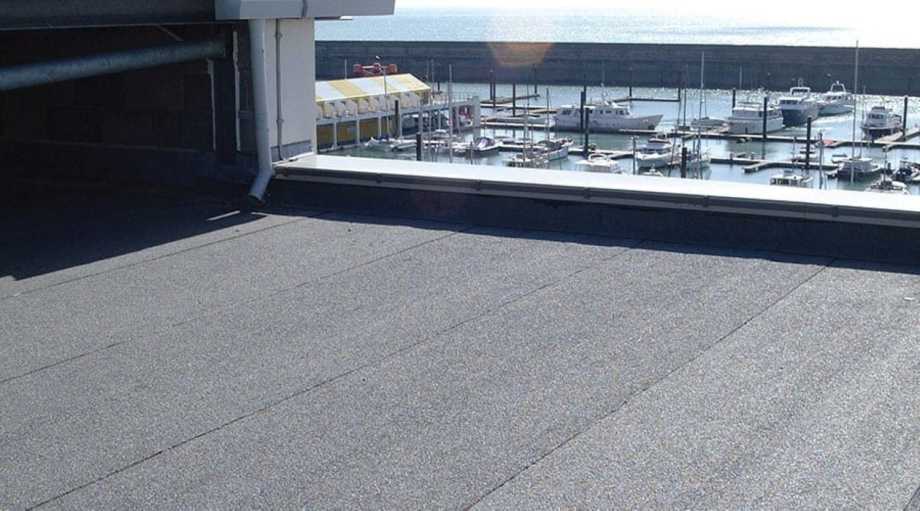
SBS versus APP bitumen membranes
SBS versus APP bitumen membranes
In general, there are two main types of polymer modification:
– SBS (Styrene Butadiene Styrene)
– APP (Atactic Polypropylene)
APP is plastic and more rigid than SBS, it has a higher melting point meaning that it has a higher temperature tolerance than SBS during gas torch application, making it a little more forgiving during installation and particularly suited to warmer climates. APP bitumen membranes are more commonly used on smaller residential projects in the UK, due to the forgiving nature of the systems and they are often an economical solution for flat roofing applications.
SBS is a synthetic rubber modification and has a lower melting point than APP, saving time and gas for the installer during application whilst also providing the bitumen membrane with superior flexibility and elastic properties when installed. SBS modified bitumen membranes are more flexible than APP modified membranes, meaning they perform extremely well during the freeze-thaw process and the stresses of weathering over time. The flexibility of the system also provides a great aesthetic finish. SBS modified bitumen membranes are most commonly used for roofing applications in the UK market where longevity, aesthetics, flexibility, cold weather application and performance are demanded.

Which system should I use?
Which system should I use?
Both types of modified bitumen waterproofing systems have their individual advantages. Whether you select an SBS or APP modified bitumen system will depend on a number of factors:
– Durability and longevity
– Application type
– Weathering performance
– Aesthetic requirement
– Installer preference
– Guarantee or warranty required
Do you need a recommendation or specification for your project? Get in touch with BMI UK & Ireland today to discuss your upcoming works and learn more about utilising bitumen in your project.
